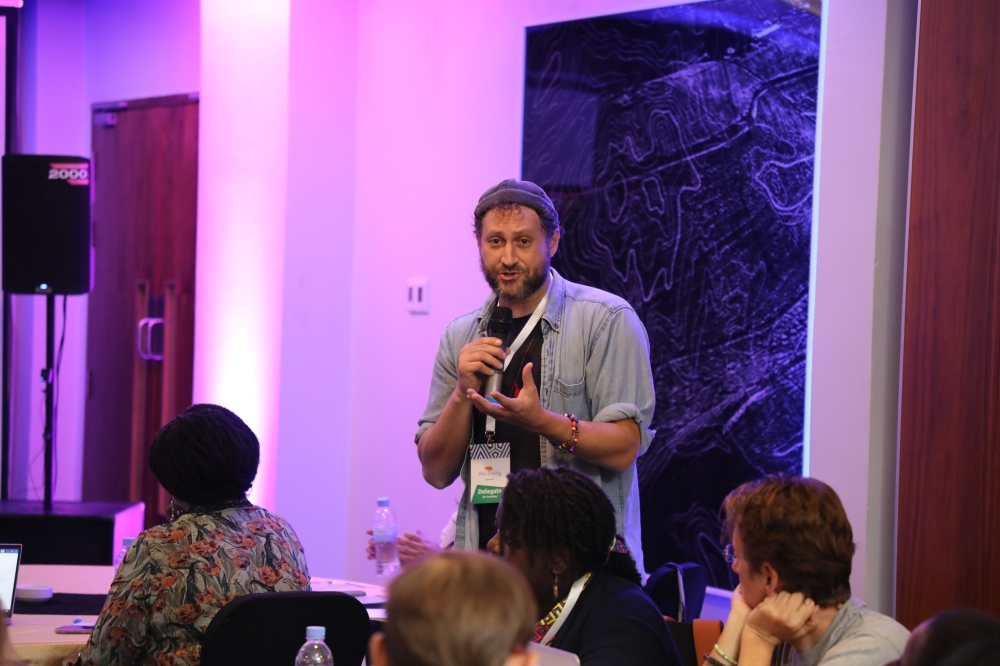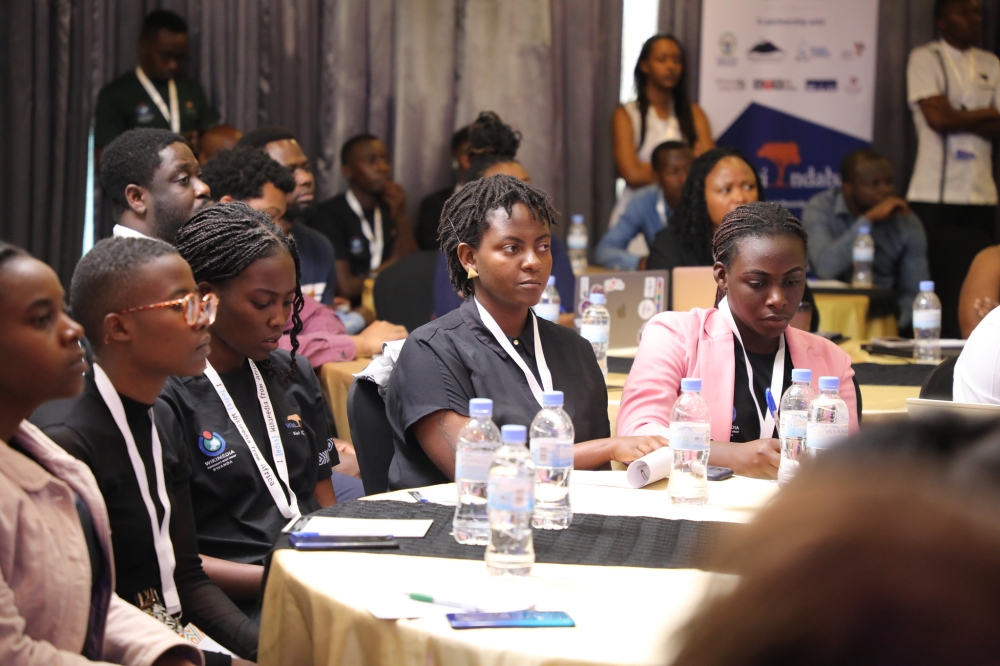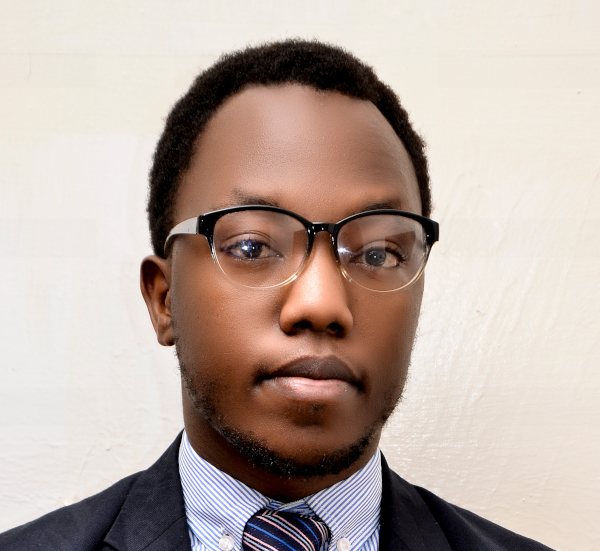

Although Wikipedia is accessible to the public to edit, women are estimated to make up only about ten per cent of active volunteers. Content on Wikipedia is also far from equal: the biographies of many important women are missing.
The world’s largest encyclopedia is hosted by Wikimedia Foundation, a non-profit working to create a world where every human can freely share in the sum of all knowledge.
Different African Wikimedians, users of any Wikimedia project and members of the Wikimedia movement, are in Rwanda for WikiIndaba 2022 conference which brings together both within the continent and in the diaspora for capacity-building sessions, hence fostering the growth of the coverage and involvement of Africa in Wikimedia projects. It will run until November 6.


According to Derrick Orta Ndahiro, President of Wikimedia User Group Rwanda, a non-profit organization that operates Kinyarwanda Wikipedia, involving more female Wikipedia writers and editors to create more content about women is one of the ways to bridge the gender gap on the open source platform.
He is aware that the number is still low although there has been an improvement, given that the Wikigap challenge they organised in 2020 saw over 500 new biographies of Rwandan women being added to Wikipedia and the number of female contributors increasing.
Rosine Igirimpuhwe, a member of Wikimedia User Group Rwanda who contributed to the challenge also sees a low number of women on the internet, especially Wikipedia, as an issue, hence called for further youth engagement to create new content or edit the existing one on Wikipedia in order to bridge the gap.
More content written in vernacular is needed
According to Ndahiro, there is still little content on the Kinyarwanda Wikipedia due to the low number of contributors (editors, writers) and yet it is important to write in the language since it is spoken by many Rwandans.
"But we are also required to write content in foreign languages, especially when correcting wrong content written about Rwanda,” he continued. "We call for enforcement of the culture of reading and writing in Kinyarwanda and more volunteers to join us.”
Ndahiro also noted that Wikimedia Community User Group Rwanda aims to increase content written in Kinyarwanda by Rwandans and emphasize writing about the history of Rwanda and preserving it in a way it can be transmitted for millennia.
Jacques Niyigena, a Wikipedia editor and writer is aware that some readers do not even know there is Kinyarwanda Wikipedia, hence he aims to create more content that talks about culture and history which he knows will require him more time to read so that he can share accurate information. He also aims to update existing pages concerning Rwanda.
Bobby Michael Shabangu from South Africa has been editing Wikipedia since 2012.
He said that in their country, they too have been focusing on writing content concerning local topics in local languages and translating those available in English to make it easily accessible by local people.
Talking about how they are bridging the gender gap on Wikipedia, Shabangu said they are raising awareness as they have found that most females, especially from the rural areas, don’t know that they can edit Wikipedia themselves or engage in different Wikimedia projects, hence they partner with different organisations that write about gender so that they can expose them to the communities of women they work with and get them to write articles about women in South Africa.


